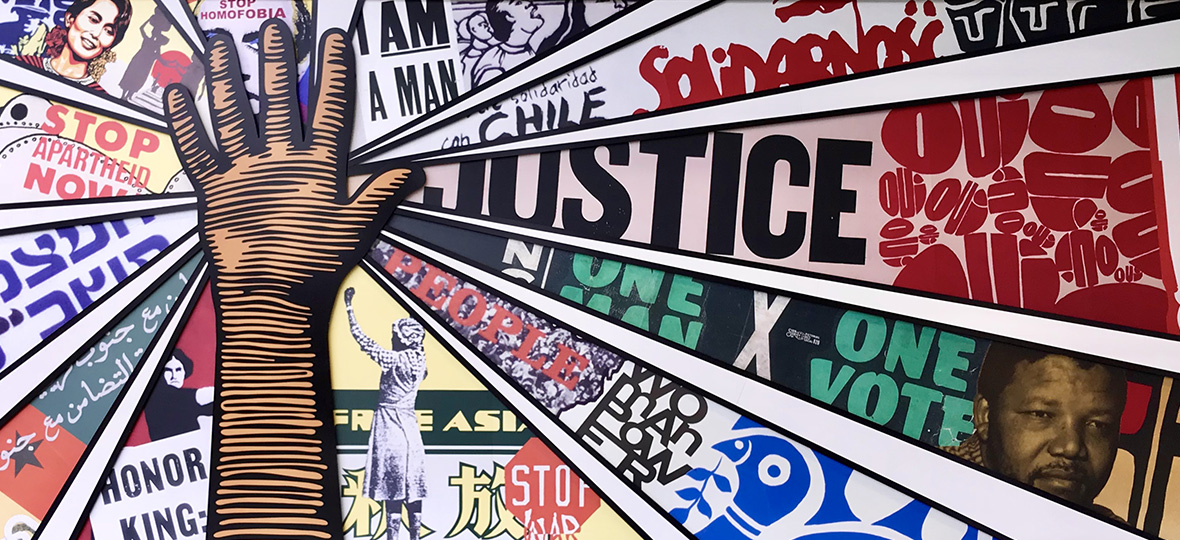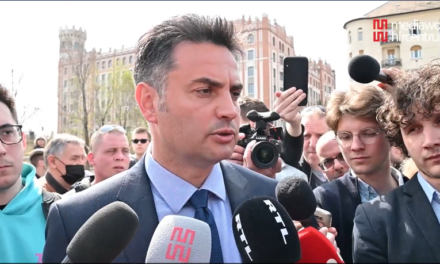By interpreting human rights in an extreme way, both governments and human rights defenders are undermining their legitimacy, says Hurst Hannum, professor of international law at Tufts University. an on Mandinere .
Human rights and the image formed about them were created as a result of a process of legal development. The Universal Declaration of Human Rights was adopted in 1948 as a kind of principled guideline, and its ideological content was later put into legal form with various universal and regional UN treaties. However, due to the continuous expansion of the catalog of rights, it became more and more difficult to understand what the term human rights means. Moreover, human rights arguments were sometimes formulated in a quite ridiculous context. For example, Ecuador's former foreign minister said that WikiLeaks founder Julian Assange has a fundamental right to sunbathe while living as a refugee in the Ecuadorian embassy in London.
This also shows that the expansion of the catalog of human rights undermines their credibility, because they interpret the original concept too expansively. The process also challenges the principle of universality, which is at the heart of the international protection of human rights. After all, the universality of human rights originally required only the enforcement of the same principles, leaving it up to local political actors to use what legal means to achieve them. The expansion of rights gives rise to specific regulatory constraints. However, the world's major problems do not in most cases require the invention of new rights, but only the consistent application of existing tools.
The mantra of human rights is applied to almost every economic, social and political malaise
The declaration and extension of human rights fundamentally transformed people's lives. Dozens of international institutions ensure compliance with the conventions. But there is no "international gendarmerie" that could force them out, so their legitimacy is based more on respect arising from public consensus. By interpreting human rights in an extreme way, both governments and human rights defenders are undermining this very legitimacy. Today we are at the point where the mantra of human rights is being applied to almost every economic, social and political issue. "extremely moderate approach" I propose recognizes the limits of human rights' applicability. It breaks with the notion that the expansion of the catalog of human rights is a measure of progress, or that the extension of rights serves the cause of progress. It accepts all categories of relevant rights, but does not require that all political and economic systems look the same, argues the professor.
How do monopoly companies affect human rights?
Both multinational and local companies commit serious violations of the law, particularly through environmental damage, the production of unsafe products, and poor working conditions. Many of them are even stronger than the states that are supposed to regulate them. In addition, the business world contributes significantly to development and innovation, not to mention the communication and technological revolution that has taken place in recent decades. The challenge is to ensure that businesses are held accountable for the violations they cause. Accountability, however, should not be confused with the obligations of states to protect human rights.
Monopolies are primarily felt in the fields of communication, media and technological development. This situation tangentially affects fundamental rights such as freedom of expression or the protection of the private sphere. It is a legitimate suggestion that in these areas, states should act more strongly, even through regulation, if they experience violations of fundamental rights. Such and similar questions must be decided primarily on the basis of political and economic considerations, human rights alone do not provide clear answers, the professor believes.
Source: Mandarin
Cover image: pentagram.com












